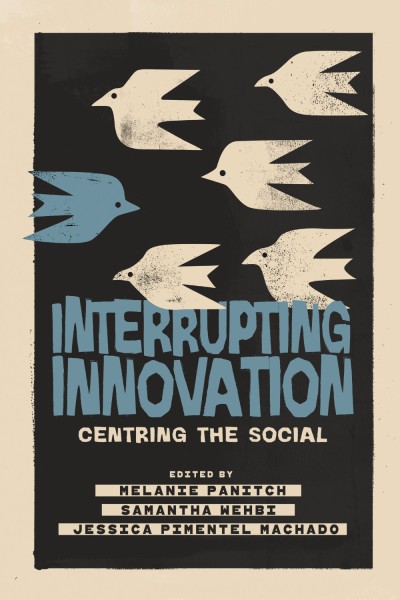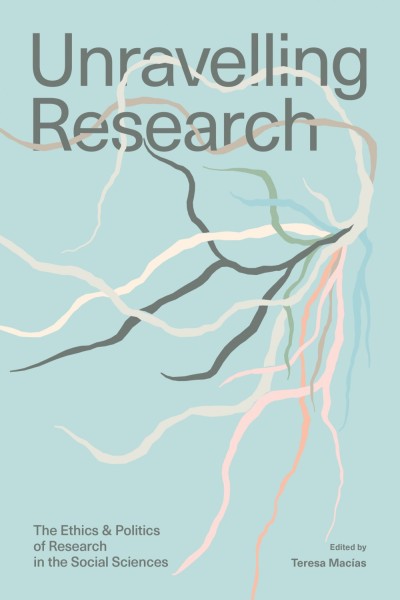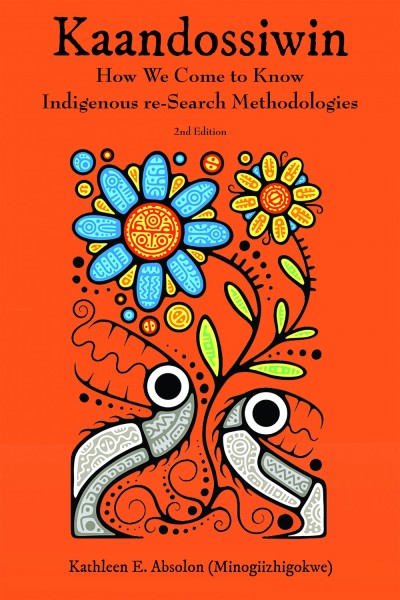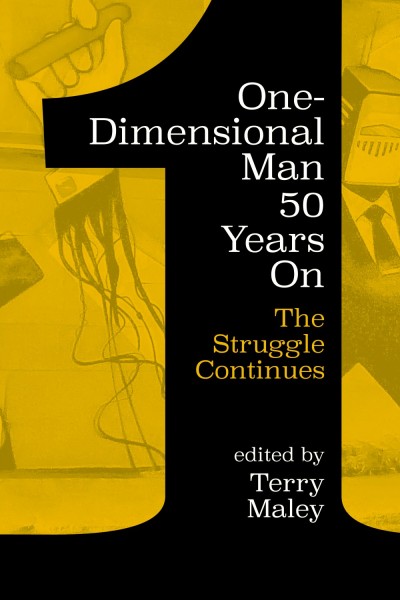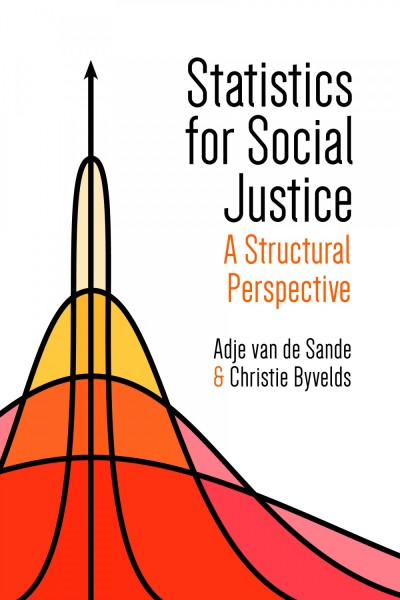
Revitalizing the Classics
What Past Social Theorists Can Teach Us Today
Revitalizing the Classics is a lively introductory text that relates classical social theories to contemporary social events.
About the book
Revitalizing the Classics is a lively introductory text that relates classical social theories to contemporary social events. This updated definition of “the classics” avoids the Eurocentrism and androcentrism of many textbooks of social theory by including both non-European and women social thinkers. Besides highlighting the work of Ibn Khaldun and first wave feminist scholars, this book utilizes interactive figures, original source sidebars and current illustrative examples to provide a critical alternative to the standard texts in the field. In the process, Tony Simmons shows just how relevant classical social theories are in our present world, offering us analysis and clarification of a range of issues, from war, poverty and environmental destruction, to the sensory overload experienced in the digital age and even our personal relationships and interactions. Social theories are helpful – even necessary – to help us understand and, most importantly, be critical of the issues, systems and institutions in our world today.
Revitalizing the Classics introduces students to a wide range of classical theorists and applies their theories to present-day examples: thus Durkheim’s ideas are invoked to explore “anomie” in the digital world as well as the “altruistic” elements of suicide bombings in contemporary combat zones. Similarly, Ibn Khaldun’s concept of “asabiyya” is used to explain the tribal code of the Taliban; Marx is summoned to explain the ever-widening gap between the rich and poor in Canada and around the world; and Pareto is enlisted to describe the “circulation of elites” in post-communist and post-colonial societies. Other sections explore and analyze the global war on terrorism and the Arab Spring. The book also includes a glossary of key concepts, giving readers an instant explanation of major terms and ideas used in each chapter. The combination of accessible writing and contemporary analysis provides a text that will empower readers to theorize and analyze many current events for themselves.
Contents
- The Theoretical Imagination
- The Historical Ecology of Ibn Khaldun
- The Rationalism of the Enlightenment
- The Conservatism of the Counter-Enlightenment
- The Positivism of Auguste Comte
- The Social Evolutionism of Herbert Spencer
- First Wave Feminism
- The Historical Materialism of Karl Marx
- The Sceptical Modernism of Max Weber
- The Sociologism of Emile Durkheim
- The Interactionism of George Simmel
- The Elitism of Vilfredo Pareto
- Epilogue: The Living Classics
- Glossary
- Index



